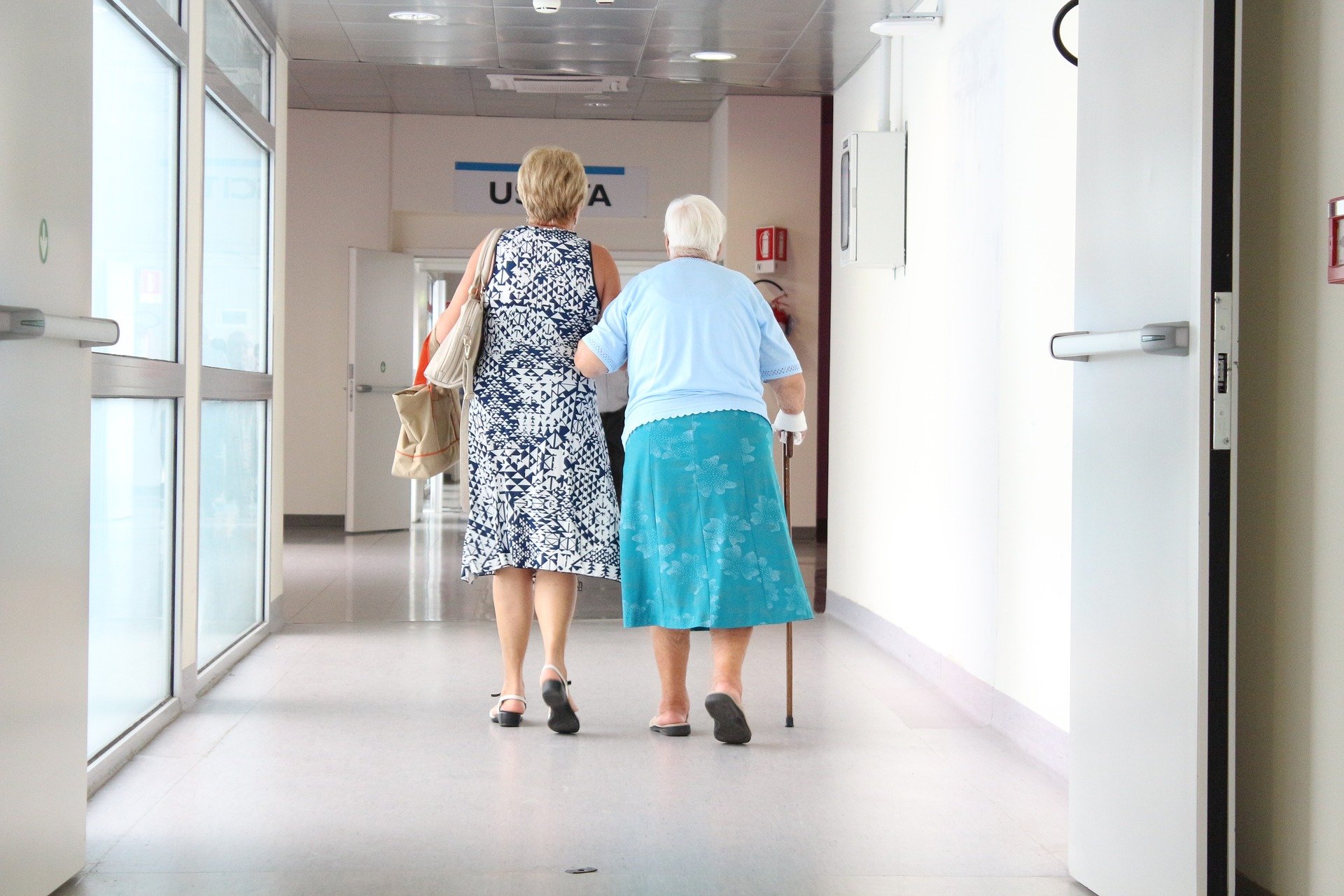ACP is voluntary and is available for every adult who is able to make decisions about their own care and wellbeing. In particular, it is for everyone who may have received a terminal diagnosis (which means they have a condition that cannot be cured and will in time likely lead to death), is receiving palliative care, or is approaching the end of their life. This is because the kinds of questions covered in advance care planning – such as what kinds of treatment you want when your main condition cannot be cured – come up more frequently for people in these situations. The plan can also be updated as circumstances and preferences change. Some people wish to plan in advance in case of accidents or other unpredictable life events – so advance care planning is not just for those who know they are likely to die soon. For those who do advance care planning, it can be life-affirming and provide them a sense of independence and control over situations.
An advance care plan that covers preferences is not a legal document in itself. However, there are elements of advance care planning that have more legal standing, such as advance decisions to refuse treatment and lasting power of attorney (where someone nominates others who can make decisions on their behalf) that are.
Where someone has refused specified treatment or treatments in an advance care plan, this is legally binding if the individual loses capacity in the future and particular circumstances arise.
If someone has written one and then becomes unable to participate in decision-making about their health, the advance care plan can be used to inform the discussion and decisions that will be made, as underpinned and embedded in best interest decision-making (UK Public General Acts, 2005). It is therefore recommended that we discuss these differences in advance care planning and what we want with our healthcare professional and the people important to us.
An advance care plan can become a guide to help families, formal and informal carers, health, and social care professionals (and anyone else who might have to make decisions about our care). It empowers the family and the team of professionals to make decisions in a timely manner. Research in England indicates that when someone has had an advance care plan in place at the time of death, the bereaved were more likely to rate their end-of-life care as excellent or outstanding (DIxon, King and Knapp, 2019).
There are many types of topics that can be covered during advance care planning, including but not limited to:
- what kinds of treatment someone wants or does not want
- religious or spiritual rituals that are important to them
- where they want to be cared for and where they want to die
- who they want to be around them during the last few days of life
- if someone wants to donate their organs
Some people also cover funeral arrangements, what someone wants to happen with their digital legacy (e.g. what happens to their online social media accounts), wills, and how they want to be remembered.

ACP became even more important during the COVID-19 pandemic, both in the UK and in other countries. This was because more families and carers were faced with situations where they were having to make treatment decisions for someone without knowing what they wanted because there had been no previous discussion or documented preferences. Carers UK estimated that in 2019 there were 8.8 million informal carers, with an extra 4.5 million becoming carers during the COVID-19 pandemic – this means there are many people who could be asked to be part of decision-making.
If you’d like to know more about advance care planning or how to start the process, we’ve included some links at the bottom of the page. You can also explore the Life or Death Decisions interactive on OpenLearn to learn more and explore a situation in which advance care planning is relevant.
Key points:
-
It's voluntary
-
It’s a framework for a discussion about what is most important to us and what matters to us
-
It helps clinicians and practitioners to understand who we are and what we want
-
We can change it, ACP reflects what we value if our values change we change ACP
-
It doesn't mean the end to active treatment
-
It means we stay in control when a disease or condition takes control over our choices away
-
It gives everyone the opportunity to express their wishes for the future which helps families/friends/carers to know what to do and feel they did what we wanted/they got it right





Rate and Review
Rate this article
Review this article
Log into OpenLearn to leave reviews and join in the conversation.
Article reviews